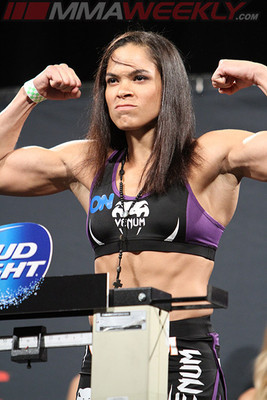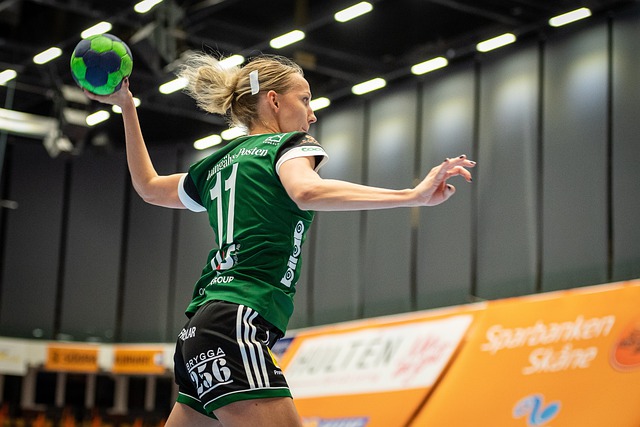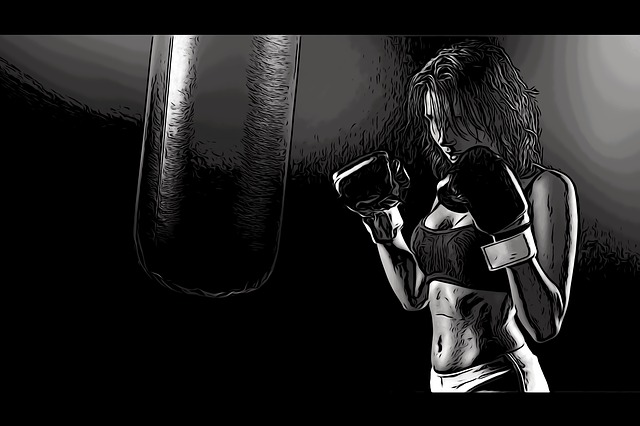
Cynthia Parlow Cone is a former soccer player who has now become a professional executive. She is currently the president of United States Soccer Federation. She was also a two-time Olympic Gold medalist and the 1999 FIFA Women's World Cup champion. Her achievements include her being named the United States Soccer Federation's first female president.
President of U.S. Soccer
Cindy Parlow Cone, the president of the U.S. Soccer Federation, has been re-elected for a second four-year term. Her primary areas of interest will be the collective negotiations process and a Sally Q. Yates report on allegations of abuses in women's football. She will also continue to fight for equal pay and fair treatment for female players. She will also continue to push for equal pay for female players.
USSF is in a weak financial position. Parlow Cone had to face a number of lawsuits as well as financial hardships. But her leadership was able to save the organization's finances. Parlow Cone's recent equal pay agreement has restored confidence in US Soccer and enabled the organization to present a stronger front to commercial sponsors. However, as the president of US Soccer, Cone still has a lot of work ahead of her.
Assistant coach at University of North Carolina
Cindy Parlow Cone is a former player who now serves as the assistant coach for the University of North Carolina women's soccer team. Parlow Cone played college soccer at the University of North Carolina at Chapel Hill and has a wealth of experience in coaching women's soccer. Parlow Cone has been a USSF "A", License coach, as well as attending FIFA Futuro III classes.

During her playing days, Parlow Cone was a four-time All-American who helped the Tar Heels to three national titles and four ACC regular-season titles. She also won two Hermann Trophies, the top award in women's collegiate soccer. She is also a member of the UNC women's soccer hall of fame.
First female president of U.S. Soccer
Cone was elected president of US Soccer in March. Cone, who is also the president of US Soccer, has been focused on increasing diversity, bringing back commercial rights and expanding the sport in all its forms. She has achieved significant goals in her two years as president. These include a historic collective bargaining deal with the US National Teams' unions, and equal pay for women's and men's soccer players.
Cone is a three-time Olympian and former member of the senior U.S. National Team. Cone is also an inductee into the National Soccer Hall of Fame. As the Federation's president, she oversees a major shift of priorities. She has placed greater emphasis upon diversity, inclusion, team building.
Portland Thorns FC Head Coach
The defending NWSL champions are Portland Thorns FC. The club has been looking to bring Parlow back after a two-year hiatus. The Thorns placed ninth in the league, but the new coach will have to meet high expectations and manage limited resources. He or she will need to create a championship-winning team.
Cone worked as an assistant coach at the University of North Carolina for four seasons before he took the Portland Thorns FC position. Cone coached the team to four NCAA championships. In 2013, Cone became the Thorns' head coach. Cone was a successful coach and served on the youth task force of the US national team as well as the Athletes' Council. Cone was also elected to the National Soccer Hall of Fame.

Face of Safer Soccer initiative
Parlow cone, a former soccer player, is now the face behind a campaign to make football safer for kids. The Olympic Gold medalist has had two concussions during her career. She experienced a constant headache, and she later quit the national team. She has been a soccer coach for Chapel Hill, North Carolina since then and has spoken out about her experiences and the importance safety in the game.
Concussion experts and ex-professional players have joined the campaign. The goal is to minimize head-to–head collisions, which will help prevent concussions in young players. A Washington State study that looked at junior-high school girls revealed that a ban on heading could reduce up to 30% of all injuries. This could reduce the number of concussions in youth soccer by around 100,000